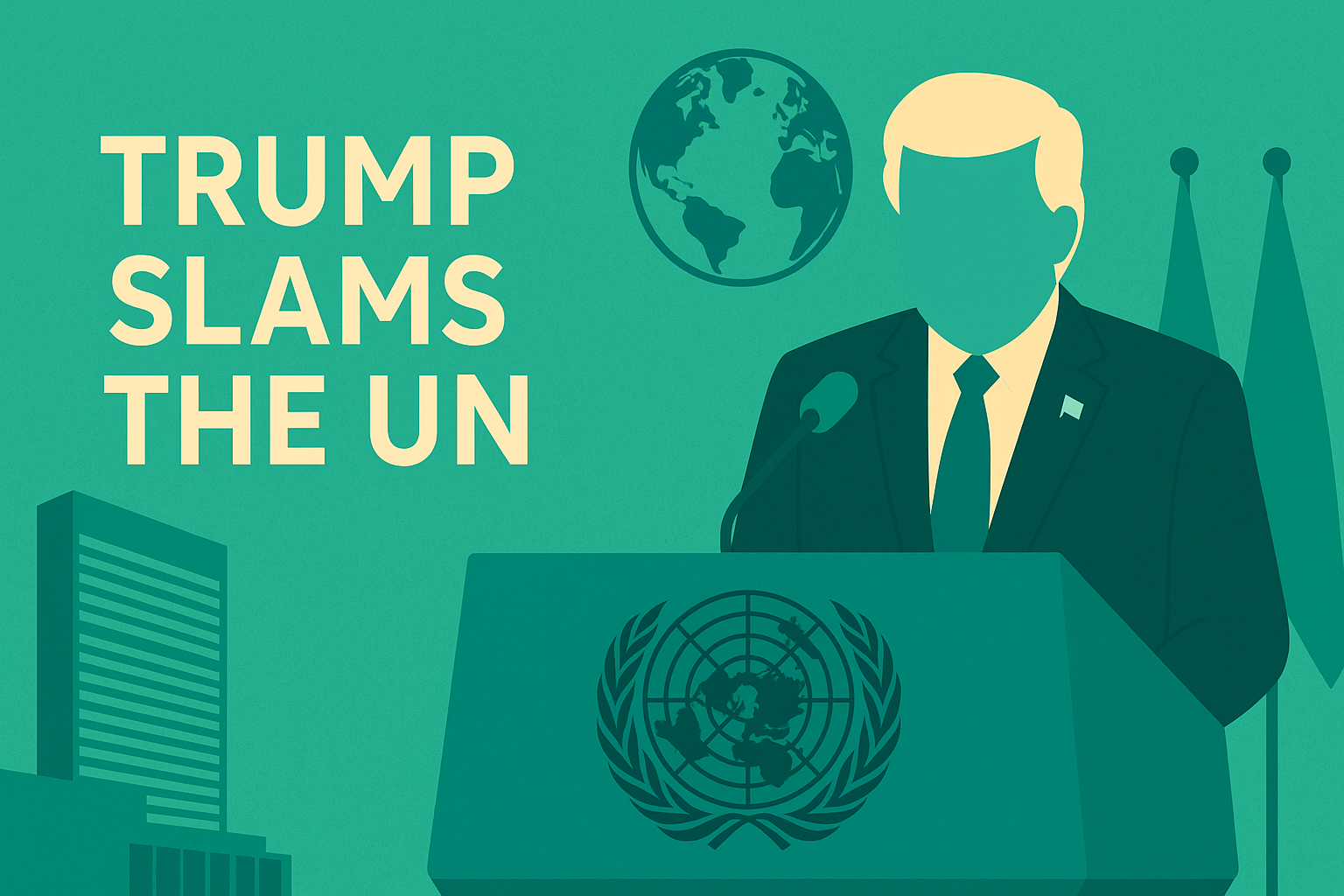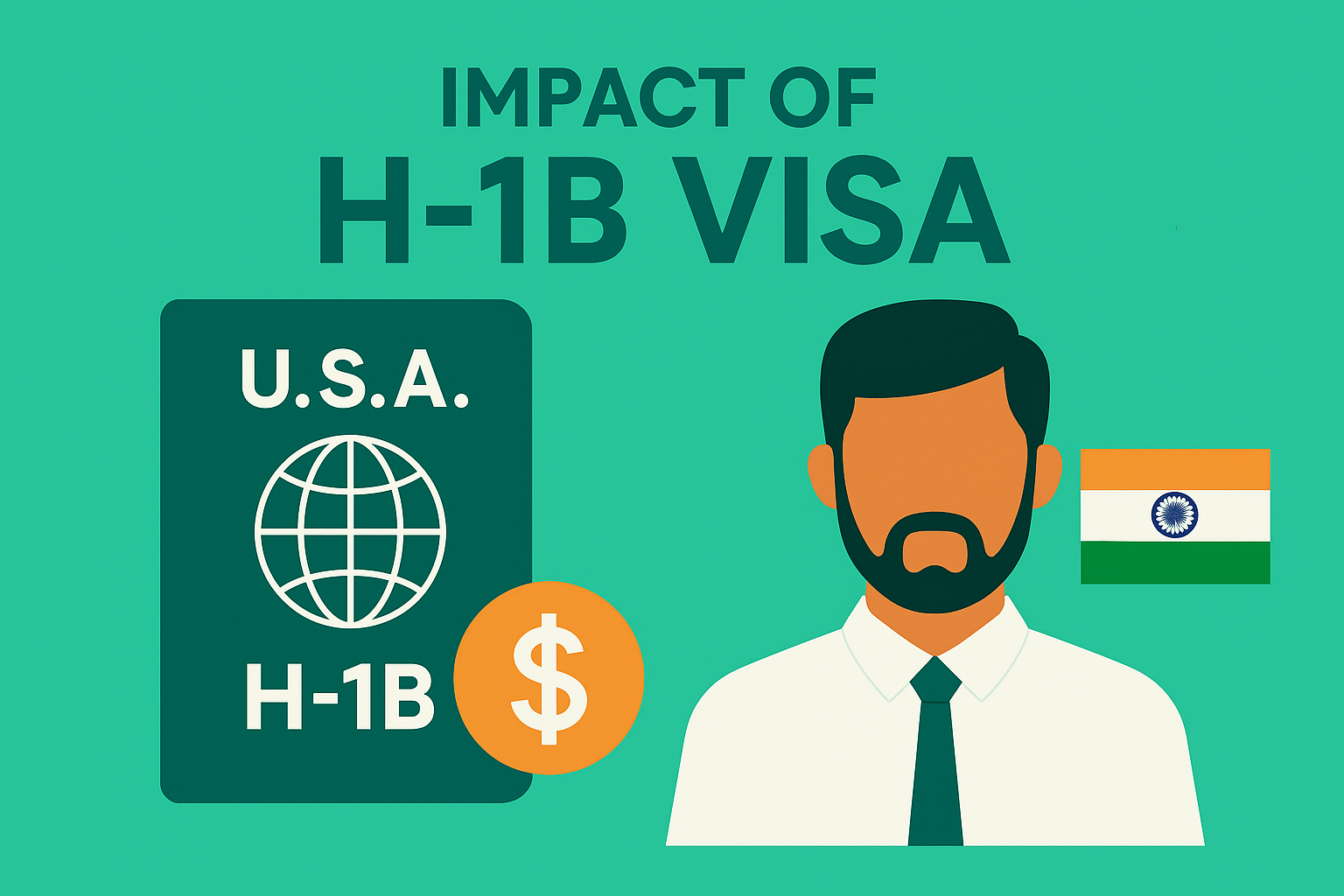Wrote by:Global Economist
1. Introduction
At the September 2025 UN General Assembly, President Donald Trump launched a sharp critique of the United Nations and other international institutions. He condemned the UN as an organization that “sounds impressive but solves nothing,” and further stated that the UN has “great potential, but is not even coming close to living up to that potential.” He also dismissed the activities of international bodies as “empty words,” arguing that they lack the capacity to act effectively in the face of wars and geopolitical crises. These remarks are not merely rhetorical attacks; they highlight the persistent tension in world politics between multilateralism and state-centered sovereignty.
2. Background of the Criticism
Trump’s criticism of the UN reflects a consistent line of thinking. During his first presidency (2017–2021), he withdrew from the Paris Climate Agreement, pulled out of UNESCO, and often disparaged international institutions. His recent UN speech should be seen in continuity with this approach. Several factors underpin his rhetoric:
- Doubts about the UN’s effectiveness
The Security Council’s paralysis during conflicts in Syria, Ukraine, and Gaza has reinforced the perception that the UN is unable to address crises effectively, especially when great-power vetoes are in play. - Domestic political signaling
Among Trump’s Republican base, the UN is widely seen as a costly institution that undermines U.S. sovereignty. Harsh criticism of the UN resonates strongly with this constituency. - Emphasis on sovereignty
Trump’s foreign policy philosophy prioritizes state sovereignty and bilateral negotiation over international law or multilateral frameworks. His rhetoric underscores this worldview.
3. Implications for International Politics
Trump’s speech has significant implications for the legitimacy of multilateral institutions and the stability of the international order:
- Undermining UN legitimacy
When the UN’s largest financial contributor labels it as “empty words,” it weakens the organization’s normative authority and risks encouraging further disengagement by other member states. - Dual strategy of the U.S.
Despite harsh rhetoric, Trump administrations have not entirely abandoned the UN system. Agencies such as the WFP, IAEA, and WHO continue to serve U.S. interests. This reveals a gap between political theater and practical diplomacy. - Geopolitical fragmentation
U.S. criticism of the UN opens the door for China and Russia to present themselves as defenders of “international cooperation,” further deepening global divisions.
4. Scholarly Assessment
From a political science perspective, Trump’s critique highlights a valid issue—the limited capacity of international institutions to resolve crises. However, his solution is not to reform but to delegitimize these institutions. Institutionalist theories argue that global governance mechanisms, though imperfect, can be improved through reform and adaptation. Trump’s sovereignty-first approach risks closing off this avenue and accelerating the decline of cooperative multilateralism.
5. Conclusion
President Trump’s attack on the United Nations reflects more than populist rhetoric: it is rooted in a worldview skeptical of multilateralism. While it draws strength from real institutional shortcomings, his approach substitutes constructive reform with outright dismissal. Whether the international community interprets this critique as a catalyst for reform or as a trigger for the erosion of multilateralism will depend on the collective responses of other states.


